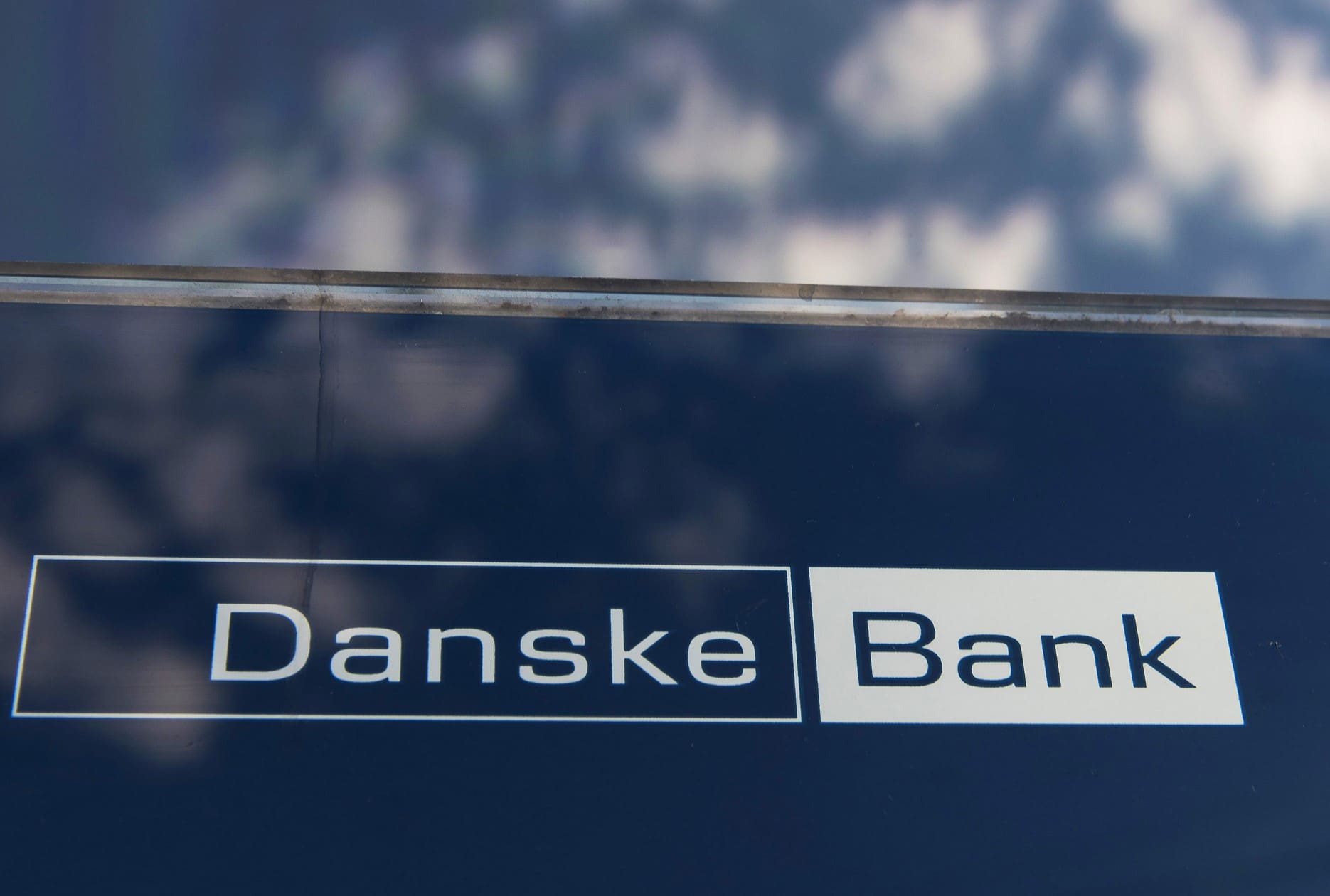You don’t always have to point to the crypto segment and FTX when discussing scams, fraud, and money laundering. Traditional Danish banks like Danske Bank or KBH Andelskasse have long been known for this. On December 13, 2022, the SEC entered into a $400 million settlement with Danske Bank for money laundering. On the same day, the U.S. Department of Justice (DOJ) announced that the largest Danish bank had pleaded guilty today and agreed to forfeit $2 billion.
According to court documents, Danske Bank defrauded U.S. banks by facilitating illegal businesses allowing them to launder money into the U.S. financial system via its subsidiary Danske Bank Estonia. The latter acquired high-risk customers who resided outside of Estonia, including in Russia. Many of these so-called high-risk customers were scams or illegal businesses.
Between 2008 and 2016, Danske Bank Estonia operated a lucrative business line serving non-resident customers (NRP), ensuring they could transfer large amounts of money with little or no oversight. Moreover, Danske Bank Estonia employees conspired with NRP customers to shield the true nature of their transactions, including by using shell companies that obscured actual ownership of the funds. Danske Bank Estonia knowingly and wilfully processed $160 billion through U.S. banks on behalf of these NRP.
Danske Bank pleaded guilty to one count of conspiracy to commit bank fraud. Under the plea agreement’s terms, the company has agreed to criminal forfeiture of $2.059 billion. Danske Bank will also enter into separate criminal or civil resolutions with domestic and foreign authorities. The U.S. DOJ will credit approximately $850 million in payments the bank makes to the SEC and the Danish authorities.

On 13 September 2022, the Central Bank of Ireland fined Danske Bank €1,820,000 for money laundering of its Irish subsidiary between 2010 and 2019.
Just hours after the U.S. settlements, the Danish regulator FSA fined Danske Bank €470 million and confiscated €168 million in profits from transactions by Danske’s subsidiaries. The company acknowledged that around €200 billion was laundered through its Estonian subsidiary between 2007 and 2015. Danish prosecutor Jens-Christian Buelow said it was “the largest fine ever imposed” in a Danish money laundering case.
The then-CEO Thomas Borgenhttps://fincrimeobserver.com/tag/thomas-borgen resigned in 2018 following the scandal. Danish authorities charged him and Danske Bank investors sued him for $322 million. He was cleared by a Danish court but a group of Danske bank investors has appealed the court order.
